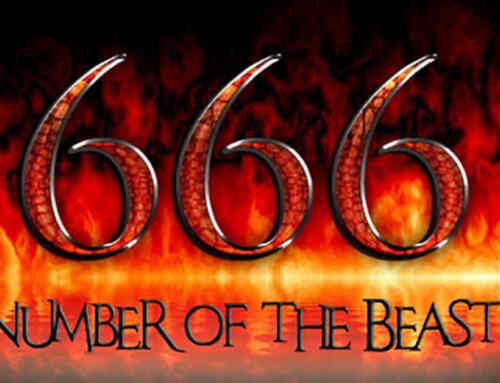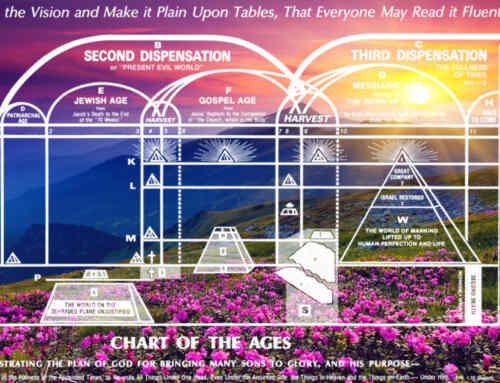Christmas and Easter are both Christian traditions that attempt to focus on Jesus. The Christmas holiday is the fixed date of December 25. The Easter holiday is the tradition of placing Jesus’ resurrection on the first Sunday after the first full moon on or after the vernal equinox. But neither tradition is Biblical.
Easter’s origin was most likely a polytheistic celebration ushering in the goddess of spring, Eastre, with a pagan festival. Easter evolved into the tradition of celebrating Christ’s resurrection. Christ’s true resurrection was on a Sunday three days after the Jewish Passover (see below).
Christmas evolved into the tradition of celebrating the birth of the Son of God. This, too, has a pagan origin that likely originated from the celebration of the winter solstice and of Saturn (the god of sowing and the return of the Sun). There is no direct Bible date given for Jesus’ birth. We can approximate his birth day as some time in the fall (September or October?).
The only biblical celebration that Christians were instructed to follow (which is coincidently close to Easter) is the memorial of Jesus’ death. The Memorial was to replace the Jewish Passover. Jesus instituted this remembrance in Luke 22:19, “And he took bread, and gave thanks, and brake it, and gave unto them, saying, This is my body which is given for you: this do in remembrance of me.” The Apostle Paul further confirms this new memorial feast in 1 Corinthians 5:7,8, “…For Christ, our Passover lamb, has been sacrificed. Therefore let us keep the feast…” The implication is that since the Passover was an annual celebration, this Memorial is the new yearly celebration.
The yearly Jewish Passover commemorates the Israelites’ release from Egyptian bondage. The Jewish people were to kill a lamb (picturing Jesus’ death) and sprinkle its blood on the door posts of their house. The blood was a sign to the death angel to pass over that house. Thus their firstborn were spared death, while the firstborn of all the Egyptians were slain. The Passover date is specified in Exodus 12:6 as the 14th day after the first new moon following the spring equinox.
Even after knowing the origins of these traditions, I still appreciate that the world thinks about Jesus on these occasions. Christmas and Easter may not be Biblical holy days but it is always wonderful to remember Jesus’ birth and death.













